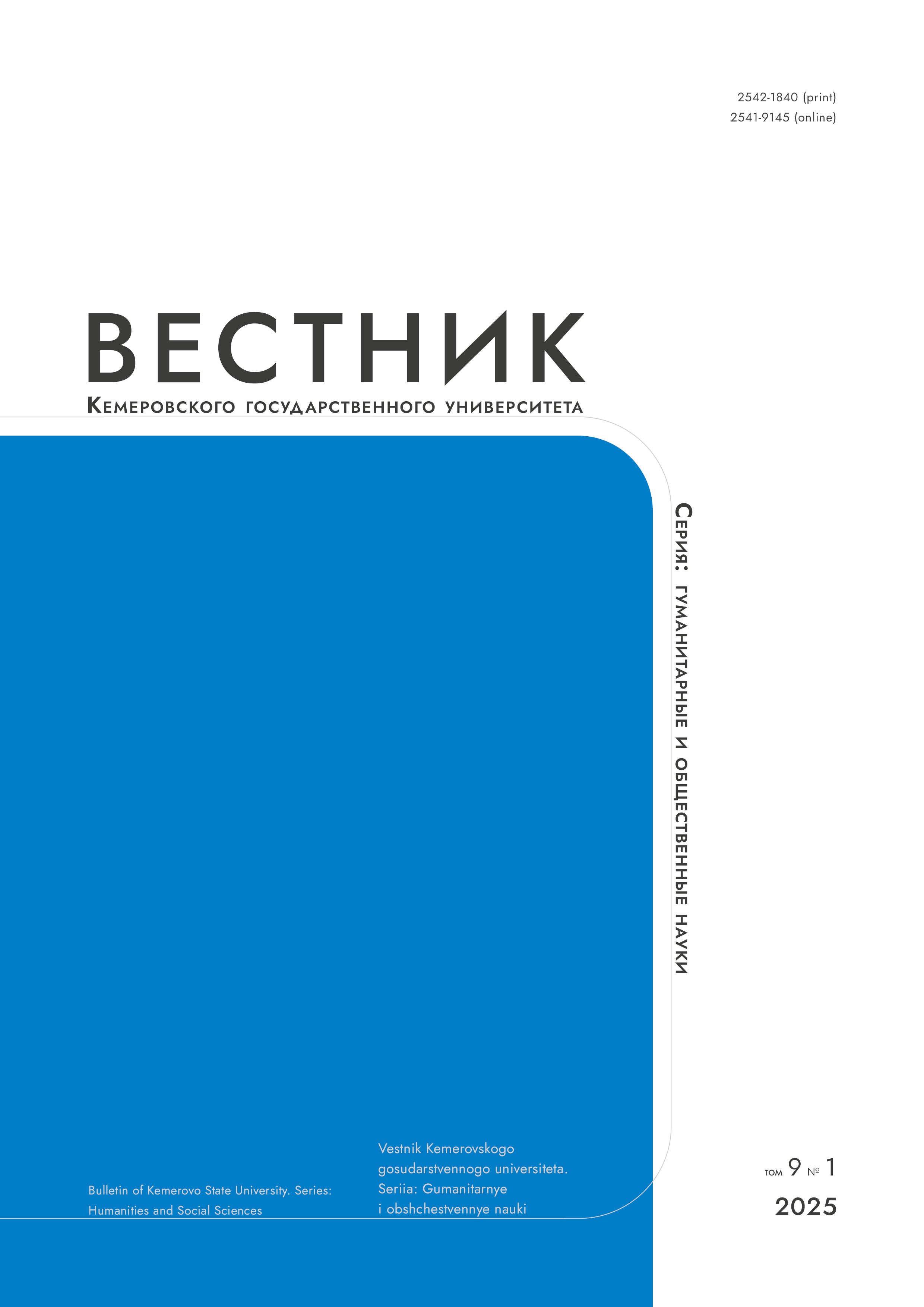from 01.01.2025 until now
Kemerovo State University
Kemerovo, Russian Federation
Kemerovo, Russian Federation
The article deals with mediation, or reconciliation of the parties, as a new procedure in the Russian civil judicial practice. The main advantage of judicial reconciliation is in the status of a mediator. As a rule, the mediator is a retired experienced judge who explains the law and the relevant judicial practice to the participants. However, mediation does not reduce the judicial load; it neither curtails the time of the trial nor saves the budget costs. Mediation, as well as other alternative methods of dispute settlement, can be actively applied only in a legally and economically developed society. Therefore, Russian judicial reconciliation has a long way to go. At the moment, the lack of real financial support from the government is an insurmountable obstacle for mediation. Moreover, the number of mediators differs from region to region. Therefore, the new practice needs combined efforts of the entire judicial system, from local courts to the Supreme Court of the Russian Federation. Mediation is effective only if it means persuasion of the parties to reconciliation and proper governmental financing.
udicial reconciliation, conciliation procedures, state judicial policy, mediation, judicial conciliators
1. Zagaynova S. K. Improvement of the institute of conciliation in the civil procedure. Arbitrazhnyi i grazhdanskii protsess, 2019, (7): 24-28. (In Russ.)
2. Kolokolov N. A. In search of a mediation regulation. Mirovoy sud'ya, 2020, (1): 9-15. (In Russ.)
3. Zaychenko E. V. On the role of a judicial representative in the conciliation of the parties. Rossiiskii sudia, 2019, (9): 31-38. (In Russ.)
4. Borisova E. A. Judicial conciliation: who is guilty and what to do? Rossiiskii sudia, 2019, (9): 20-23. (In Russ.)
5. Nosyreva E. I., Filchenko D. G. Main provisions of the concept on the institution of a reconciliation of the parties in civil proceedings (second part). The herald of civil process, 2015, (2): 140-155. (In Russ.)
6. Abolonin V. O. Forensic mediation: theory, practice, and prospects. Moscow: Infotropic Media, 2014, book 6, 408. (In Russ.)
7. Lazarev S. V. Basics of judicial reconciliation. Moscow: Infotropic Media, 2011, 256. (In Russ.)
8. Lisitsyn V. V. Mediation a vector for improving the arbitration procedure legislation. Rossiiskii sudia, 2012, (5): 27-33. (In Russ.)
9. Lisitsyn V. V. Revisiting judicial reconciliation. Administrator suda, 2015, (4): 26-29. (In Russ.)
10. Abolonin V. O. Commercial mediation in Russia: a special vector of development. Zakon, 2012, (3): 57-67. (In Russ.)
11. Voronov A. F. On the improvement of mediation procedures. Pravo v Vooruzhennykh silakh, 2019, (10): 47-55. (In Russ.)
12. Zhuykov V. M. The role of a court in the conciliation of parties to civil cases. Rossiiskii sudia, 2019, (9): 24-30. (In Russ.)
13. Gavrilov S. O., Gavrilova A. V., Kazmin V. N., Kazmina M. V., Volkov N. A., Balayan E. Yu., Leonova T. Yu., Popova T. Yu., Isakova E. G., Ivlev S. V., Trezubov E. S., Komissarova E. L., Kozlova N. V., Bogolyubov E. A., Nevzorova M. T., Luchenok E. V., Arefieva T. S. The history and modern trends in the development of the civil society and the state (the human rights aspect). Moscow: Prospekt, 2019, 432. (In Russ.)





















